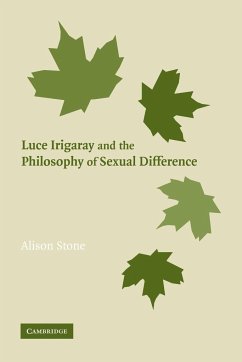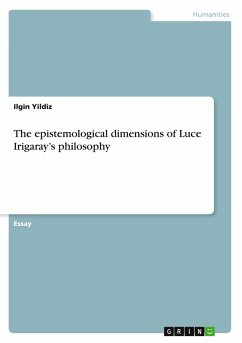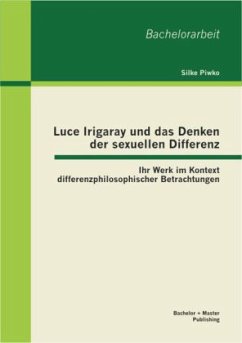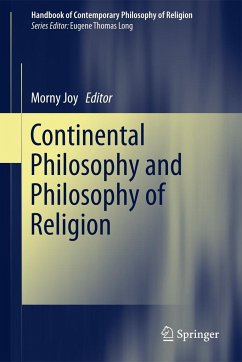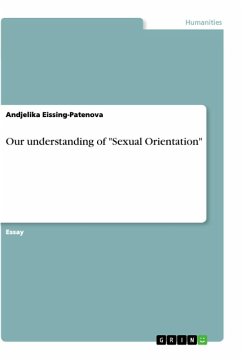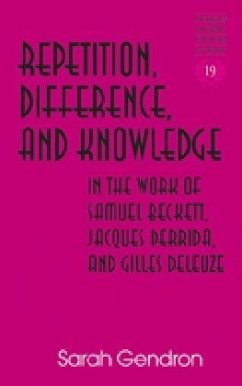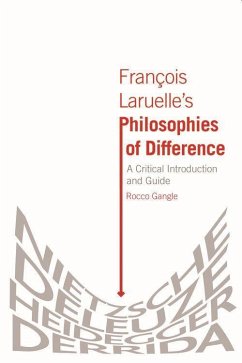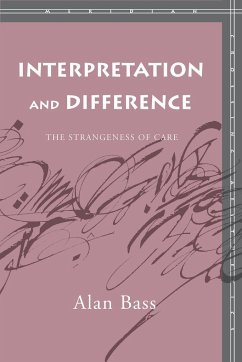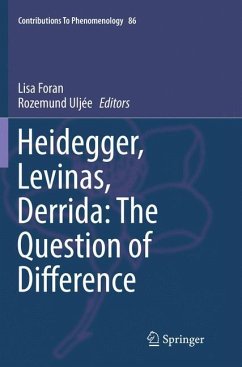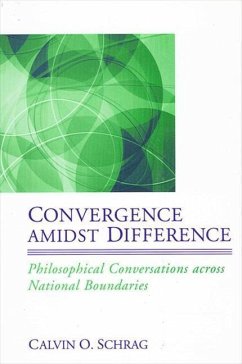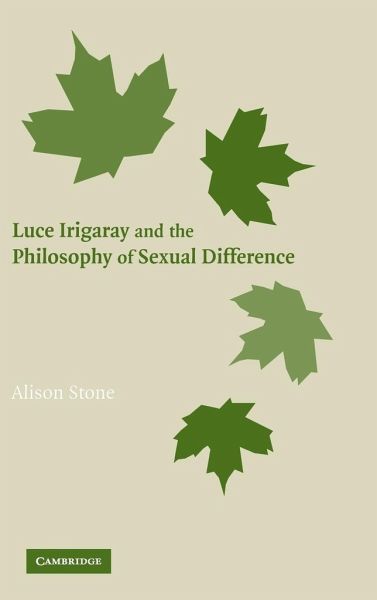
Luce Irigaray and the Philosophy of Sexual Difference

PAYBACK Punkte
30 °P sammeln!
Alison Stone offers a feminist defence of the idea that sexual difference is natural, providing a novel interpretation of the later philosophy of Luce Irigaray. She defends Irigaray's unique form of essentialism and her rethinking of the relationship between nature and culture, showing how Irigaray's ideas can be reconciled with Judith Butler's performative conception of gender, through rethinking sexual difference in relation to German Romantic philosophies of nature. This is a sustained attempt to connect feminist conceptions of embodiment to German idealist and Romantic accounts of nature. ...
Alison Stone offers a feminist defence of the idea that sexual difference is natural, providing a novel interpretation of the later philosophy of Luce Irigaray. She defends Irigaray's unique form of essentialism and her rethinking of the relationship between nature and culture, showing how Irigaray's ideas can be reconciled with Judith Butler's performative conception of gender, through rethinking sexual difference in relation to German Romantic philosophies of nature. This is a sustained attempt to connect feminist conceptions of embodiment to German idealist and Romantic accounts of nature. Not merely an interpretation of Irigaray, this book also presents an original feminist perspective on nature and the body. It will encourage debate on the relations between sexual difference, essentialism, and embodiment.





